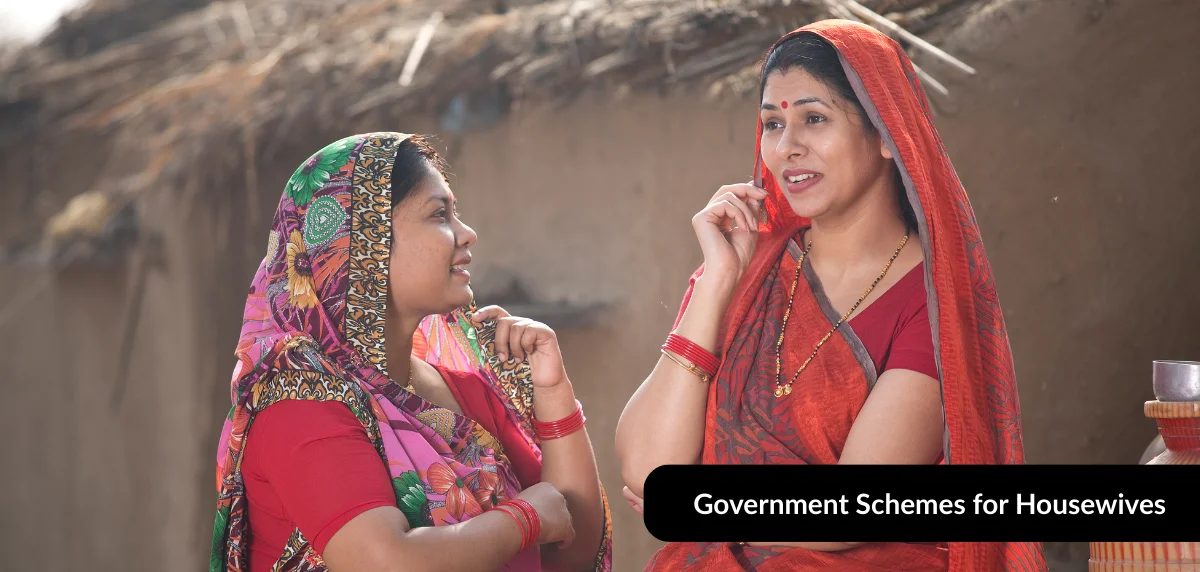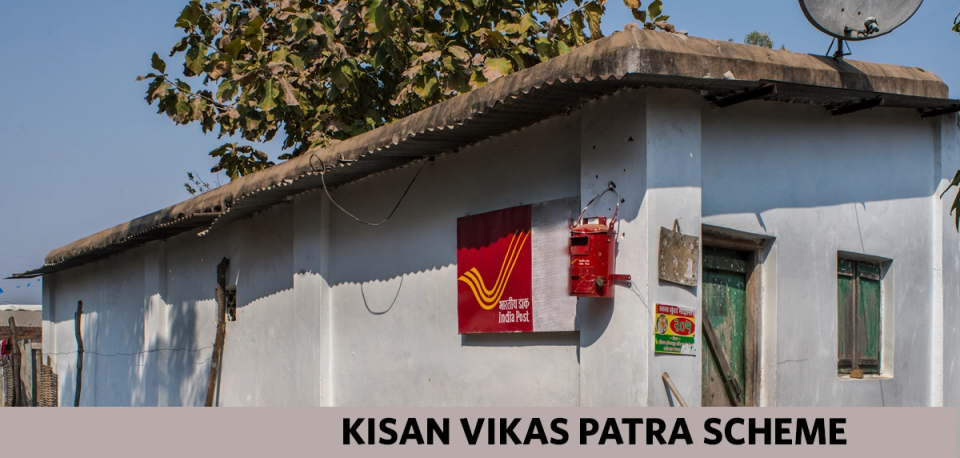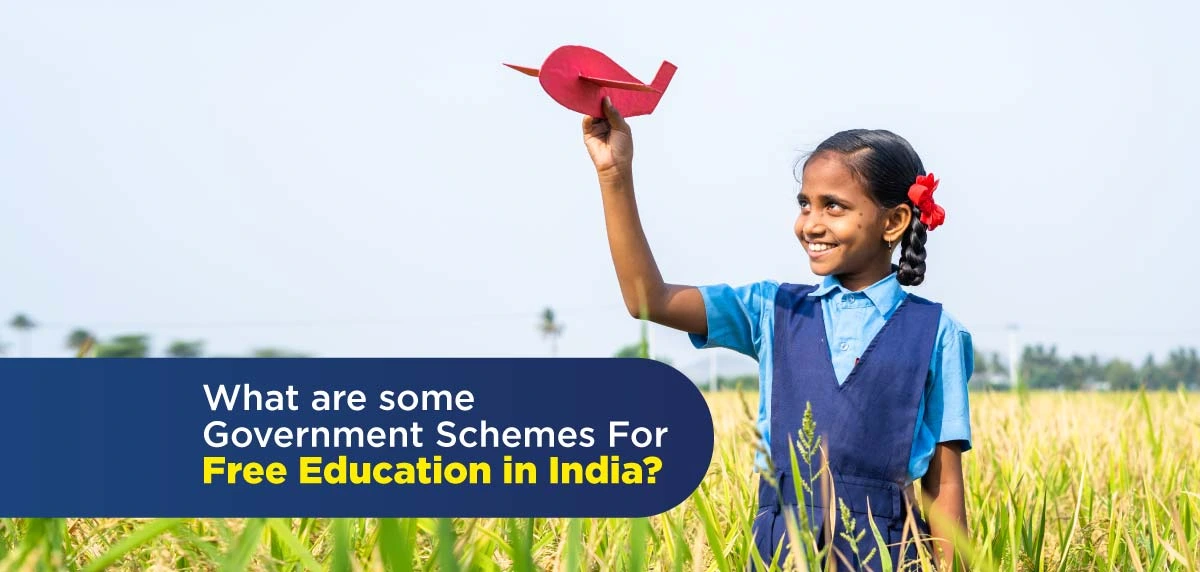Housewives contribute immensely to their families and society, yet their efforts often go unnoticed in financial matters. To support women in managing household responsibilities while ensuring their well-being, the Government of India offers a wide range of government schemes for housewives.
These schemes provide financial security, healthcare benefits, skill training, and opportunities for self-employment. With such initiatives, housewives can work toward greater independence and a more stable future for themselves and their families.
Government Schemes that Housewives Can Benefit from
Several ministries in India have introduced programs designed to empower women, including housewives, by giving them financial support, training, and access to healthcare.
Below are some of the major government schemes housewives can avail of:
Pradhan Mantri Matru Vandana Yojana (PMMVY)
This scheme provides a cash incentive of ₹5,000 to pregnant and lactating mothers for their first living child. It also provides an additional cash instalment if the second child is a girl child. It aims to improve maternal health and nutrition during pregnancy. Housewives can benefit greatly, as it supports them during a crucial life stage.
Janani Suraksha Yojana (JSY)
A safe motherhood initiative under the National Health Mission, JSY offers financial assistance to women. This government scheme for a housewife is especially useful for women from low-income households, as it helps with institutional deliveries. It can help in reducing maternal and infant mortality while ensuring safe healthcare access.
Beti Bachao Beti Padhao (BBBP)
This scheme focuses on changing social attitudes towards the girl child by promoting education and equal rights. Housewives play an important role as caregivers. The scheme empowers them to ensure their daughters receive proper education and healthcare.
Mahila Shakti Kendra (MSK)
This program empowers rural women by involving them in community participation and skill training. It provides women with opportunities to create financial inclusions and build confidence to take part in local decision-making processes.
Integrated Child Development Services (ICDS)
Housewives, especially mothers, can benefit from ICDS as it provides nutritional support, health check-ups, and preschool education for children. It ensures that women have access to resources that improve both their health and their child’s well-being.
Self-Employment and Entrepreneurial Schemes
Prime Minister’s Employment Generation Programme (PMEGP):
Provides subsidies to the youth, and especially women entrepreneurs, who want to start small businesses.
Udyogini Scheme:
Offers financial assistance and loans for women to establish micro-enterprises.
Mahila Coir Yojana:
Encourages women to enter coir production by offering them training and financial help.
Stand-Up India Scheme:
Provides loans to women and SC/ST entrepreneurs to set up new enterprises in manufacturing, services, or trading sectors.
Mudra Yojana for Women:
Under the Pradhan Mantri Mudra Yojana (PMMY), women can avail loans up to ₹10 lakh for small businesses without needing heavy collateral.
These government schemes for women entrepreneurs can encourage homemakers to start new ventures and forge new paths on their own.
Social Security and Recognition Schemes
Nari Shakti Puraskar:
Awards given annually to women who have contributed significantly to various sectors.
One-Stop Centres (OSCs):
Provide shelter, legal aid, and counselling to women facing violence.
Such programs not only offer protection but also acknowledge the role of housewives in society.
Pension Schemes for Older Housewives
Many housewives, after spending years managing homes, can also benefit from government pension schemes for senior citizens. Programs such as the Pradhan Mantri Vaya Vandana Yojana (PMVVY) and Indira Gandhi National Old Age Pension Scheme (IGNOAPS) offer monthly pensions to support elderly women financially. These can also ensure post-retirement stability for housewives who were not employed in the formal sector.
Life Insurance: Adding a Layer of Security to Financial Independence
While government schemes for housewives are helpful, adding a personal layer of protection through insurance is equally important. Housewives often do not have a direct source of income, but their contribution to household management is invaluable. By opting to buy life insurance for the homemaker, families can ensure financial stability in case of unforeseen events.
A life insurance plan can provide a lump sum payout to the family in case of the homemaker’s demise. This can help them cover daily expenses, children’s education, and other commitments.
Options like term insurance for women are affordable and provide high coverage at low premiums. What’s more - the benefits of life insurance also include tax savings under Section 80C. It helps households reduce taxable income while securing the future.**
Online tools, such as a life insurance calculator, can help families choose the right coverage based on their needs and budget.
By blending government schemes for a housewife with a life insurance plan, homemakers can build a stronger safety net, balance household responsibilities, and work toward financial independence.
Housewives form the backbone of families. Recognising their role through government schemes for housewives is a step toward empowerment. From health and maternity programs to self-employment initiatives and government pension schemes for senior citizens, these measures create opportunities for housewives to thrive. Adding term insurance for women to the mix can provide further protection and ensure long-term financial security.
** Tax exemptions are as per applicable tax laws from time to time.
























